First pig kidney transplant patient dies 2 months after procedure
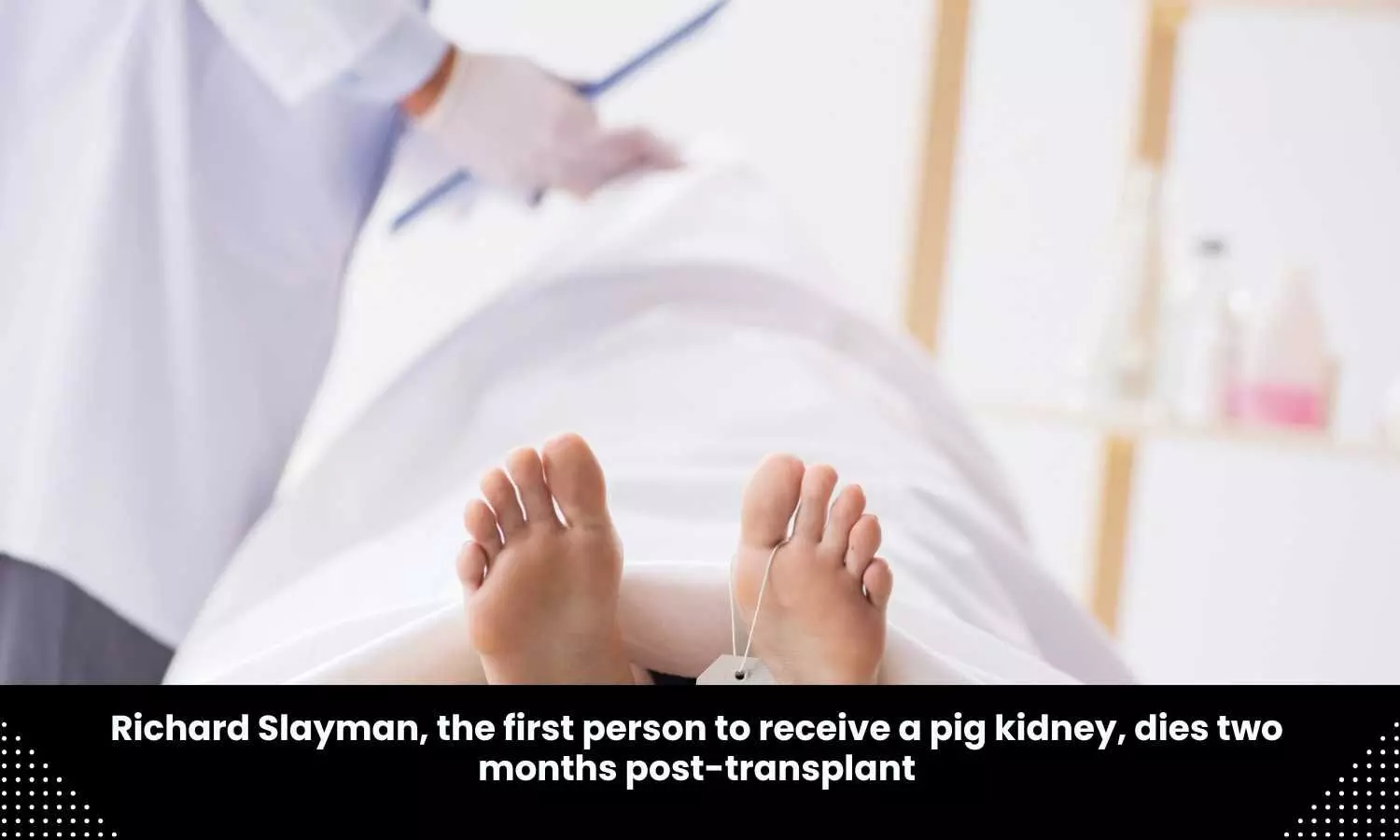
Powered by WPeMatico

Powered by WPeMatico
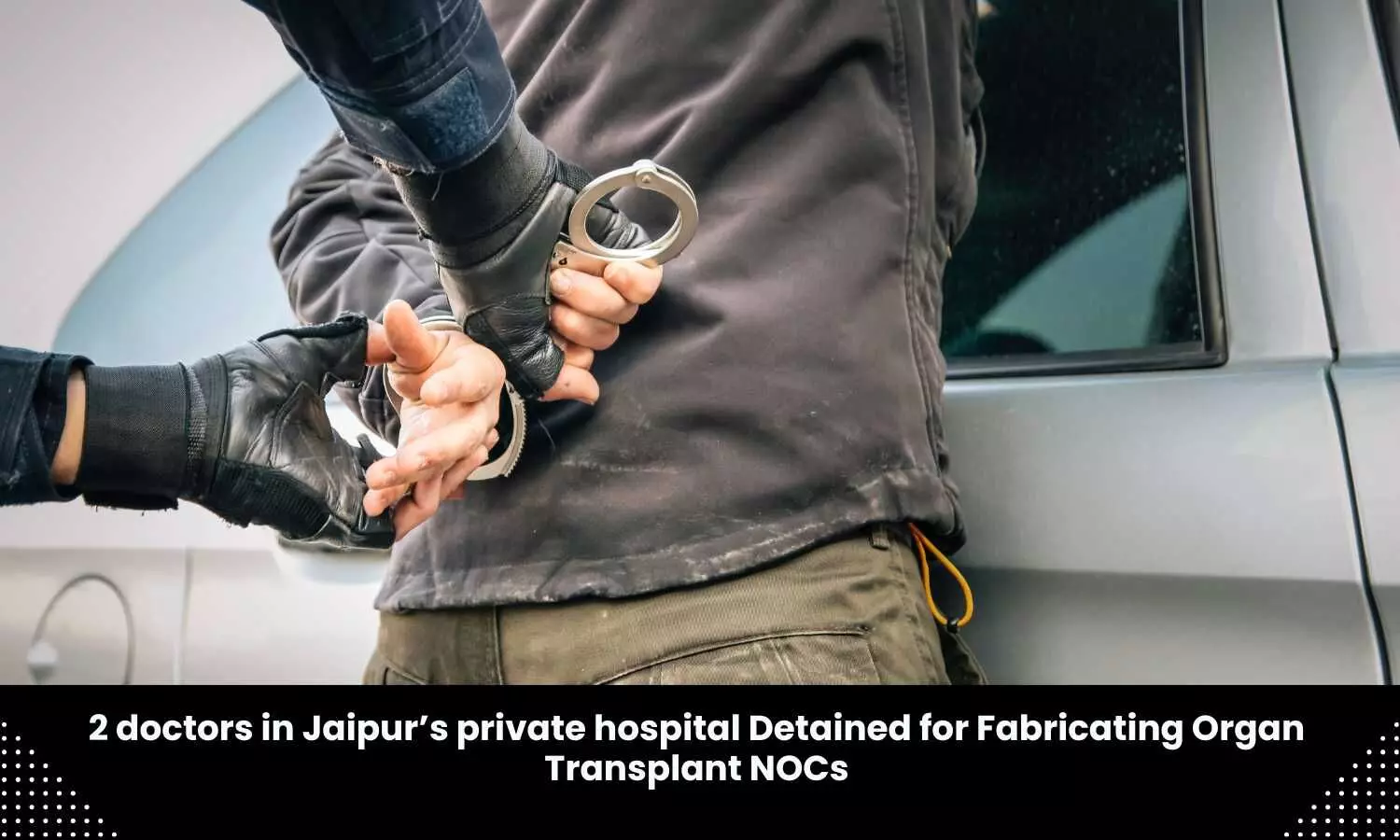
In connection with a fraudulent case involving the issuance of fake No Objection Certificates (NOCs) for organ transplants, a nephrologist Dr Jitendra Goswami and a urologist Dr Sandeep Gupta of Fortis Hospital have been arrested after police found evidence of their direct involvement.
Powered by WPeMatico

Days after over 150 schools in Delhi-NCR received an identical threat email claiming that explosives had been planted on their premises, triggering massive evacuations and searches before it was declared a hoax, twenty hospitals too received similar threats on Sunday, said officials.
Powered by WPeMatico
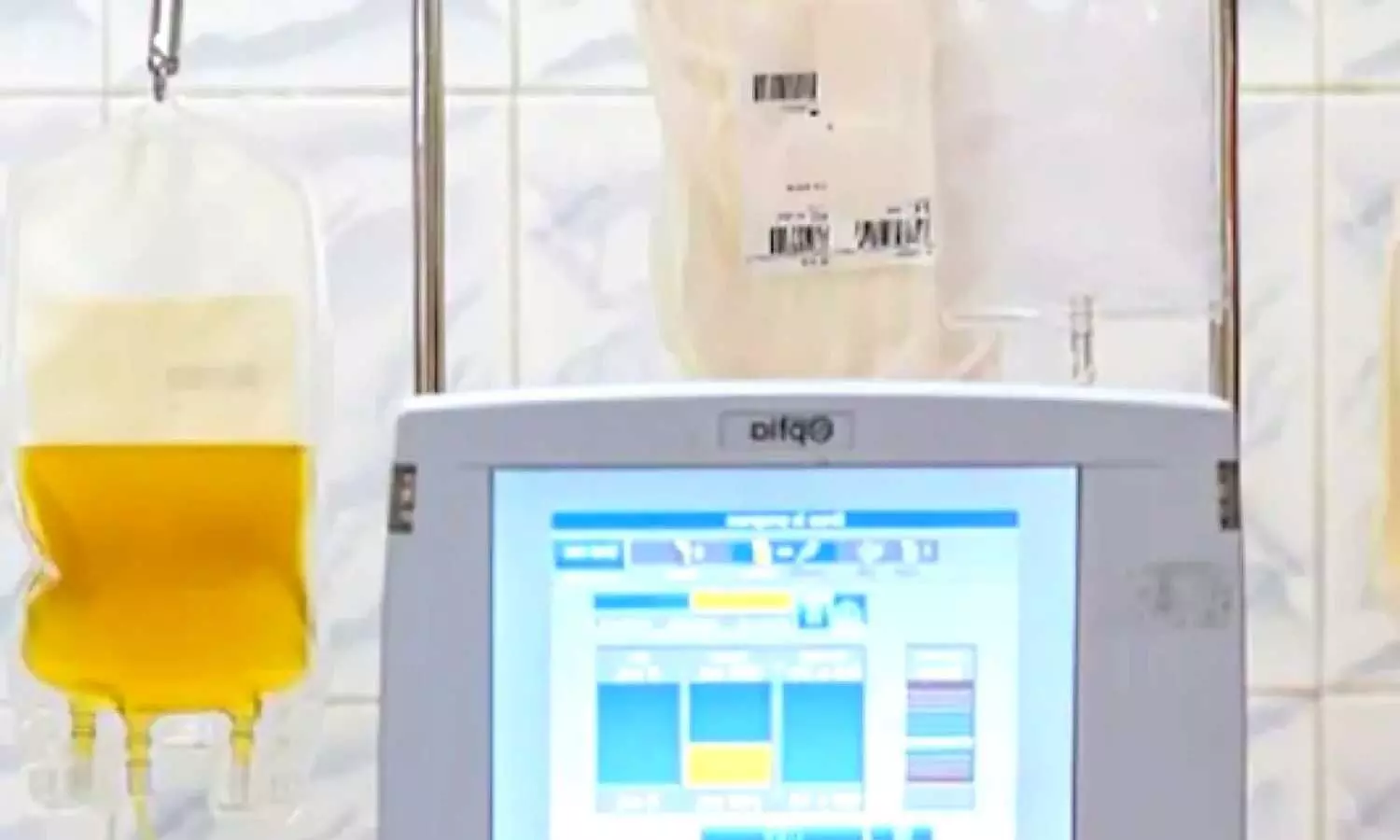
Jaipur: In connection with the plasma theft case at the blood bank of the JK Lone Hospital, the Rajasthan police have arrested a lab technician who had allegedly taken out 76 units of plasma. The committee investigated the matter and submited its report in which it was stated that CCTV cameras were not working in the blood bank.
Deputy Commissioner of Police Kavendra Sagar said that Kishan Sahay Kataria, who was working as a lab technician at the blood bank of the JK Lone Hospital, was arrested on Saturday.
Dr Satyendra Choudhary, in-charge of the blood bank, had complained on May 6 that the blood bank’s lab technician Kishan Sahay had allegedly taken out 76 units of plasma.
The lab technician hailed from Hindaun city in Karauli and resided in Pratap Nagar.
Also Read:Pune : Lab Technician arrested for posing as doctor
According to a PTI report, The stolen plasma was allegedly found in his car but he was absconding, officials said.
The state government has removed Dr Satyendra Choudhary from the post in the plasma theft case and put him under APO (awaiting posting orders) status.
As per a media report in the TOI, Preliminary investigations suggest that he intended to supply the plasma to a private hospital in exchange for money, ”said Sudhir Upadhyay, SHO of SMS Hospital police station.
”We will examine his bank accounts and other possessions to ascertain if he profited monetarily from this act. We will probe whether he had previously succeeded in selling plasma to private hospitals. He also worked part-time at a private hospital, said Biju George Joseph, Commissioner of Police.
Medical Dialogues team had earlier reported that in an ongoing operation to curb illegal healthcare activities in the state, a joint team of the Haryana chief minister’s flying squad and health department arrested a lab operator and lab technician following a raid at a fake diagnostic lab operating in Nanu Kalan village.
Powered by WPeMatico
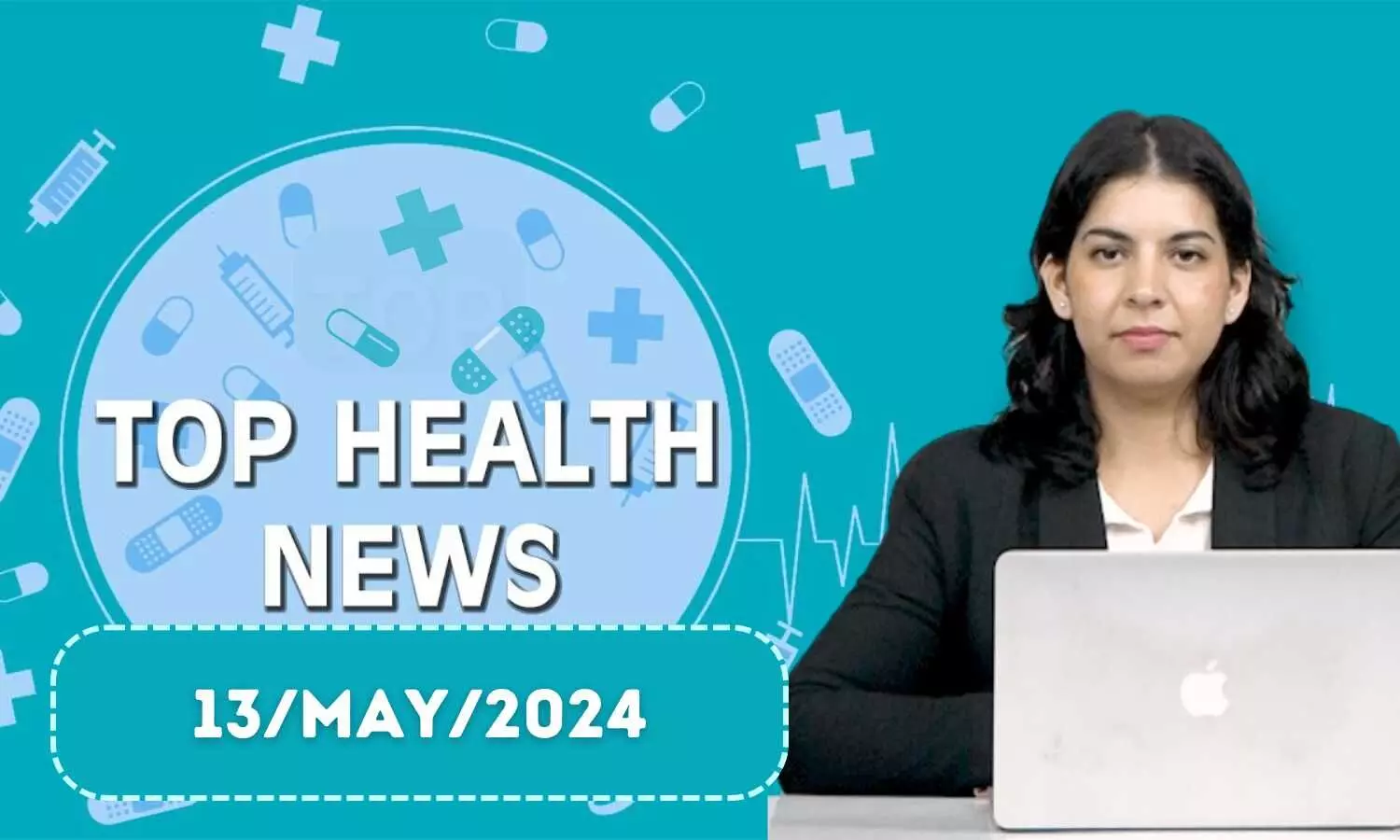
Here are the top health news for the day:
Delhi Hospitals on high alert: Bomb threats emerge following school scare
Powered by WPeMatico
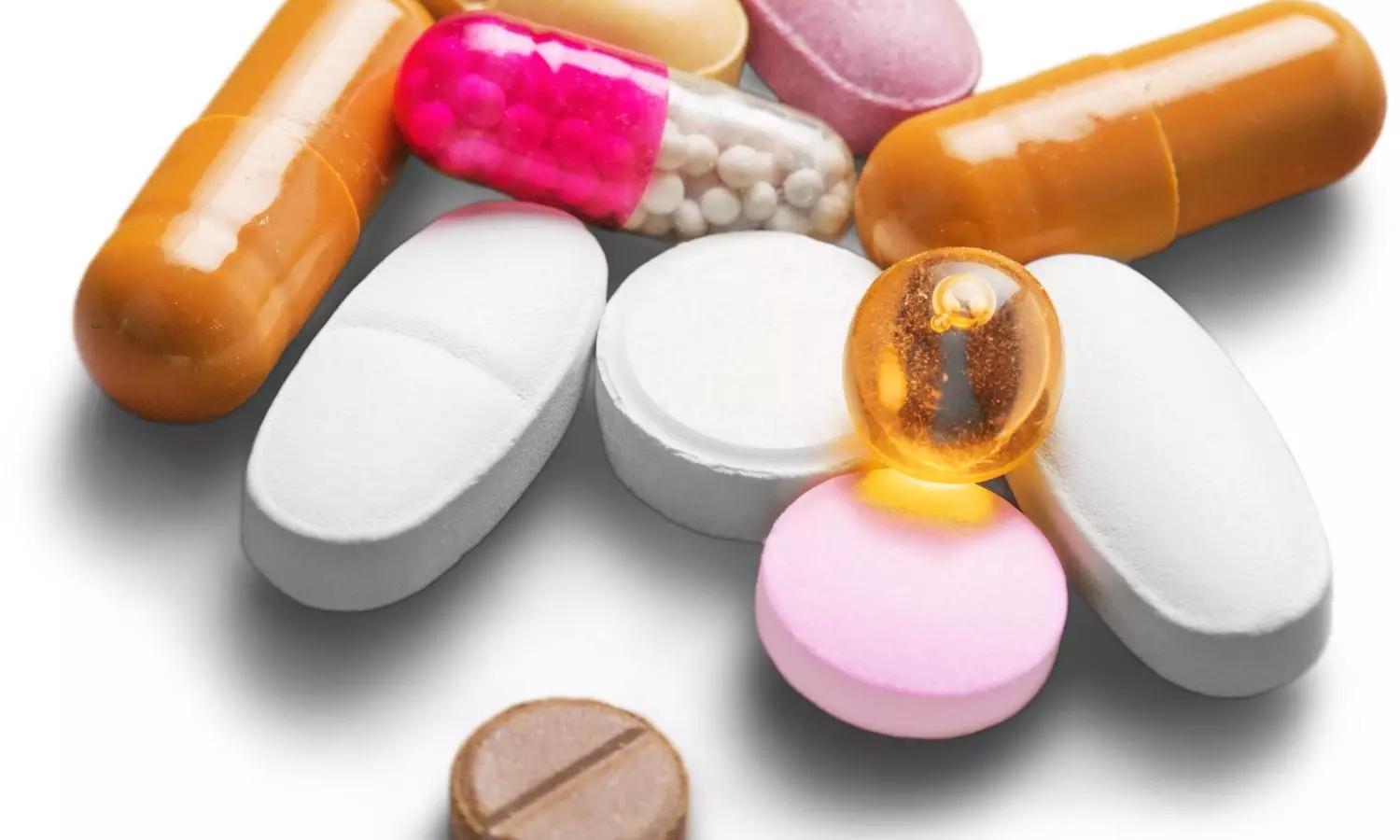
Amritsar: Punjab Police busted an inter-state network involved in the illegal supply and manufacturing of pharmaceuticals, operating out of a pharma factory in Himachal Pradesh, a senior official stated on Saturday
“In a major intelligence-based operation against Pharma Opioids, Special Task Force (STF) of Punjab Police has busted an interstate network of manufacturing illegal psychotropic substances and supply units running from a pharma factory based in Baddi of Himachal Pradesh, said Director General of Police (DGP) Gaurav Yadav here on Saturday,” as per a Punjab Information And Public Relations Department press release.
Powered by WPeMatico
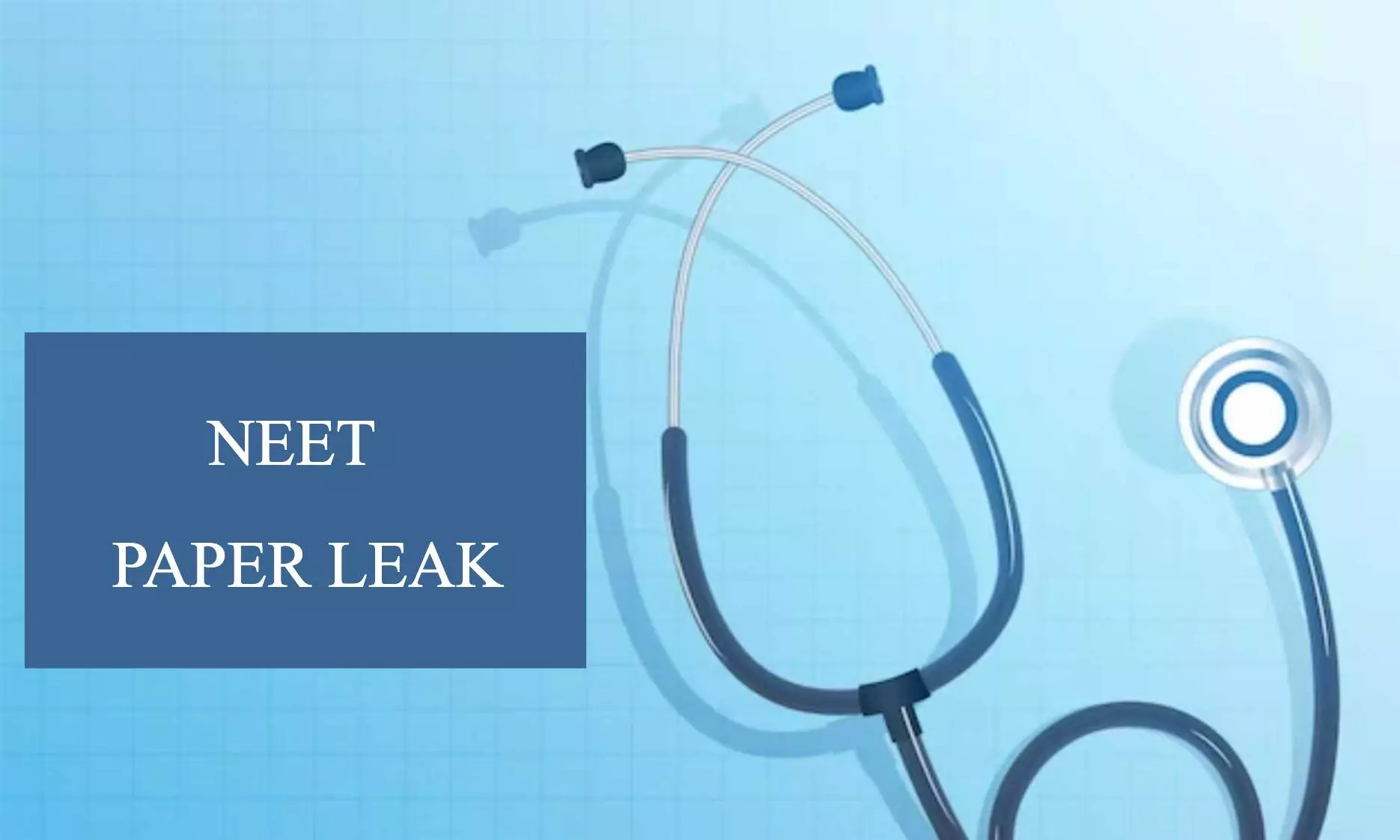
Patna: The brokers involved in the NEET paper leak scam took between Rs 30 lakh to Rs 50 lakh from each of the medical aspirants in exchange of giving them the question paper of the National Eligibility-cum-Entrance Test Undergraduate (NEET-UG) 2024 ahead of the examination on May 5th, 2024, the Economic Offences Unit (EOU) of Bihar Police has revealed.
EOU has seized several documents, including bank cheques, roll codes of candidates and other papers from the flats of Nitish Kumar and Amit Anand, who were arrested by the Patna Police on May 5.
Investigation into the “paper leak” was handed over to the Economic Offences Unit (EOU) of the Bihar Police on Friday. An 8-member SIT has been constituted to investigate the alleged paper leak scam of NEET UG. Confirming this, the Additional Director General of EoU, NH Khan informed HT that the unit took up the case after it was revealed that organized gangs, having a history, were involved in the paper leak scandal.
Medical Dialogues had earlier reported that Patna police sources had earlier claimed that the question papers of the NEET-UG exam along with their answers were provided to around 20 aspirants a day before the date of the exam i.e. May 5, 2024. Earlier, 13 people, including four examinees and their family members were arrested for their alleged involvement in the paper leak of the NEET-UG exam. One of the arrested accused is also involved in the Bihar Public Service Commission’s Teachers Recruitment Exam (TRE)-3.
EOU had earlier mentioned in a release that as per the investigation, the question papers of NEET-UG and their answers were provided to around 35 aspirants before the May 5 exam.
As per the latest media report by the Times of India, during the interrogation, the arrested aspirants informed the police that around 35 medical aspirants were taken to the Learn Boys Hostel at Ram Krishna Nagar. Commenting on the matter, Deputy Inspector General of Police (DIG), EOU, Manavjit Singh Dhillon told the Daily, “The aspirants confessed that the NEET question paper was similar to the one they received from the broker, a day before the exam.”
“We will contact the National Testing Agency, which conducted the NEET, to provide the details of those students whose roll codes we have got from the flat of the accused. We are verifying all the details,” Dhillon further mentioned.
The probe revealed that the accused Amit Anand runs an education consultancy firm and promises the examinees to help in competitive exams. They approach the candidates and their parents by creating groups on messaging applications. He was alleged in contact with broker Sikander Yadavendu, who is a junior engineer in Danapur Nagar Parishad, and was arrested by the Police before the exam. Later, the accused burned the question papers at the rented flat at Ram Krishna Nagar.
In this regard, the DIG told the Daily, “The aspirants told police that after the accused took them to rented flat, their cellphones were taken so that they cannot contact anyone or tell their friends about the questions. They also dropped the students at their examination centres on their vehicles. We have got the contact number of one of the main accused from the cellphones of the aspirants. He was the one who rented the flat at Ram Krishna Nagar and contacted the aspirants to reach the location. Raids are on to arrest him.”
He further noted that the modus operandi of the alleged paper leak scam of NEET was similar to that of Bihar Public Service Commission (BPSC) Teacher Recruitment Exam (TRE)-3.0 paper leak case.
Meanwhile, commenting on the issue, the Additional Director General of EoU, NH Khan told the Hindustan Times, “The probe unit during the investigation found that the gang members hired Learn Boys Hostel and Learn Play School at Khemnichak under Ram Krishna Nagar police station of the state capital to solve the answer paper for two dozen aspirants. When police raided the place, they seized burnt question papers and sent them for forensic examination.”
He further mentioned that the police also recovered admit cards, post-dated cheques, and educational certificates from the accused who were arrested. All the 13 arrested individuals have been sent to judicial custody under sections 407/408/409 and 120b.
Medical Dialogues had earlier reported that the Bihar Police had arrested more than two dozen individuals, including 14 impersonators and candidates for cheating in the NEET UG 2024 exam. Among those arrested, an FIR was registered against 14 people, who were accused of impersonating registered candidates during the examination. During the interrogation, the accused known as “solvers” had revealed that Rs 5-10 lakh each was given to several centres by the gang members.
Powered by WPeMatico
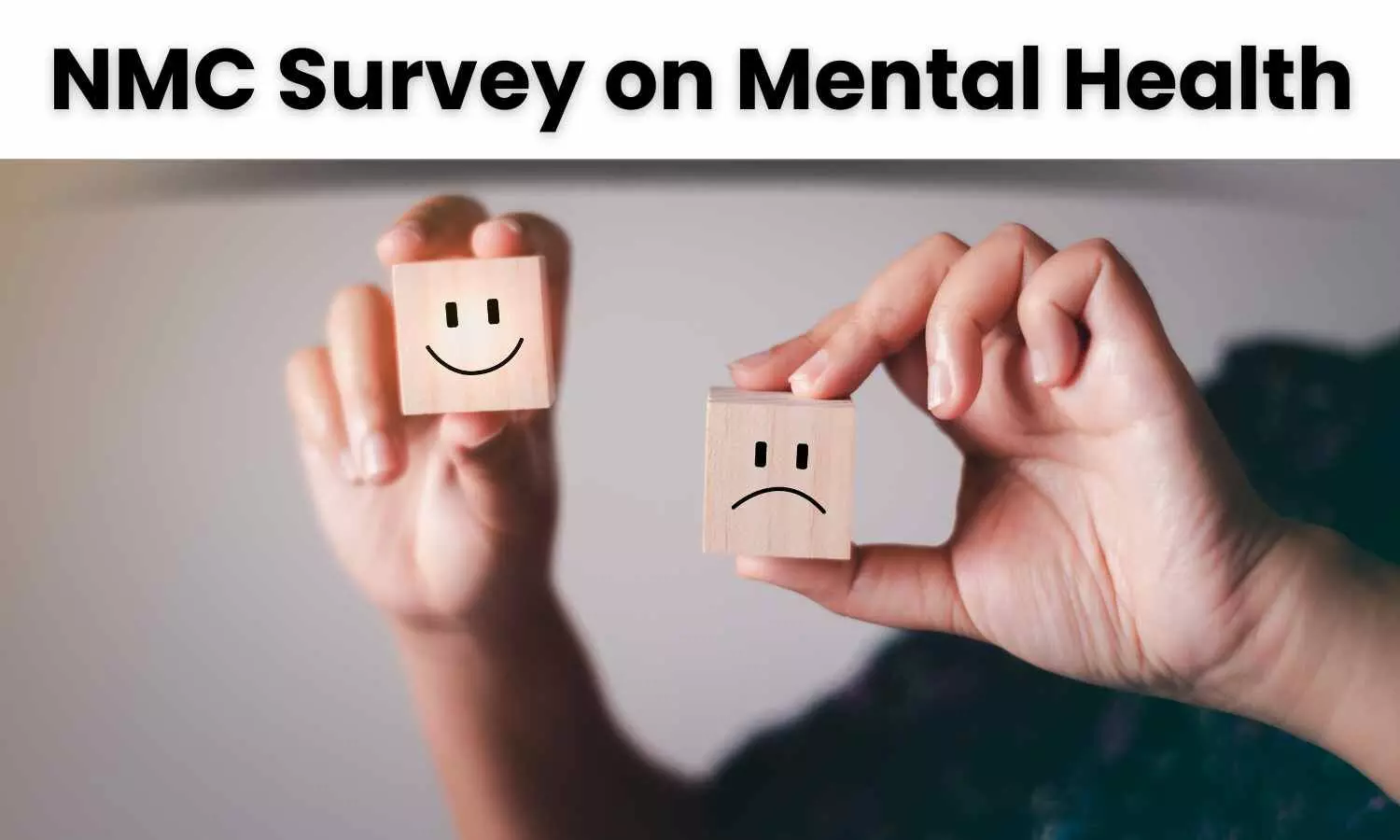
New Delhi: The shocking picture concerning the mental health of medical students has come to light as more than 37,000 medical students have submitted applications before the government authority, indicating that they are suffering from mental stress, Live Mint has reported.
Taking cognisance of this, the apex medical education authority has prescribed several measures including regulating the duty hours of the students and initiating a suicide watch. These recommendations by the National Medical Commission (NMC) will be submitted before the Union Health Ministry for further implementation across the medical colleges in the country.
Commenting on this, a government official told the Daily on the condition of anonymity, “We have received more than 37,000 applications from medical students and faculty which itself indicates that doctors are suffering from mental stress. Most of the students face problems in hostels, and during ragging, which we are streamlining. Our education system for primary and secondary classes are reformed, but there is no work regulation for higher education. For PG students, we have directed states to relax seat leaving bond policy of the state government.”
According to NMC data, 153 MBBS and 1120 doctors pursuing PG medical courses dropped out of their institutes in the last five years. Apart from the dropouts, at least 122 medical students, 64 in MBBS and 58 in post-graduate courses died by suicide between 2018 – 2023.
Medical Dialogues had earlier reported that recently taking cognizance of cases of depression and suicide by medical students, the Anti-Ragging Committee of NMC set up a National Task Force to address the mental health of medicos.
This committee comprised 15 members of the Apex Medical Commission and it was decided that this committee would study the existing literature and data on mental health and suicide of medical students, analyze factors contributing to these challenges, and propose evidence-based strategies for improving mental health and preparatory of suicides. It was announced that this panel might also pay a visit to the colleges where incidents of suicides had been reported.
NMC had announced that the Task Force would submit its final report by 31st May 2024. Initiating the survey, medical students were asked to submit details regarding the mental health illnesses they were suffering from- including their mental health history. Postgraduate medical students were asked to submit the details of their workload, and their overall stress level including their self-care practices. Faculties and administrators of the medical colleges were also asked to share the details of their stress levels at their workplace, extracurricular and wellness workshops conducted at their institutes and other related details concerning the mental health of the medical students.
As per the latest media report by Live Mint, following the overwhelming response to the online survey, NMC, the Apex Medical Regulator has made several suggestions, including gate-keeper programmes as a measure to prevent suicide, identify vulnerable students, and regulate duty hours for post-graduate students. The Commission has also suggested ensuring better student facilities, a friendlier work environment, and round-the-clock professional counselling services.
NMC will submit these recommendations to the Union Ministry of Health and Family Welfare this month to be rolled out across the medical colleges in the country. The committee is currently devising regulations by evaluating and analysing the survey results.
Commenting on the matter, a government official told the Daily on the condition of anonymity, “Some of the universal recommendations which are in discussion include: adjustment support and orientation in medical colleges for new students to understand their role & duties; facilities in the college; ways to cope up with home sickness; awareness campaigns, celebration of world mental health day, world suicide prevention day and drug prevention day; anti-ragging measures will be strengthened; and regulations of duty hours for medical PG students not more than 80 hours a week, which is being followed internationally. Currently, PG students are working as much as 100 hours a week without any break.”
Further mentioning that the efforts are underway to ensure that the work environment is student-friendly for the medical students, the official added, “In addition to it, plans are also in discussion to address concerns of the teachers; strengthening of mentor-mentoring programme. A new initiative—gate-keepers programme—will start to prevent suicide and identify vulnerable students and exclusive 24×7 professionals counselling services will commence to counsel students via government’s tele-manas portal.”
Meanwhile, referring to the instances of suicide by medical student, another official informed, “Every hospital has psychiatric division, but due to stigma students do not report. If a student is under stress, whom he will inform first whether peers or else faculty. Strengthening of anti-ragging and anti-sexual harassment measures. In the last 130 medical students have committed suicide equally both in UG and PG classes. This means—25-26 students take their lives every year.”
Meanwhile, referring to these shocking figures, a psychiatrist at the All India Institute of Medical Sciences in New Delhi has called it “the tip of the iceberg”. Dr. Nand Kumar, the Professor of Psychiatric Department at AIIMS told the Daily, “This is just tip of iceberg. The numbers of doctors suffering from mental health illnesses could be much higher. The data itself says that around 70% of doctors feel burnout. They feel lack of interest going to the workplace, lack of pleasure, lack of motivation and lack of communication among the medical community and acceptability is very poor.”
Also Read: World Health Day 2024: NMC launches ‘My Health, My Rights’ Initiative for Medicos
Powered by WPeMatico
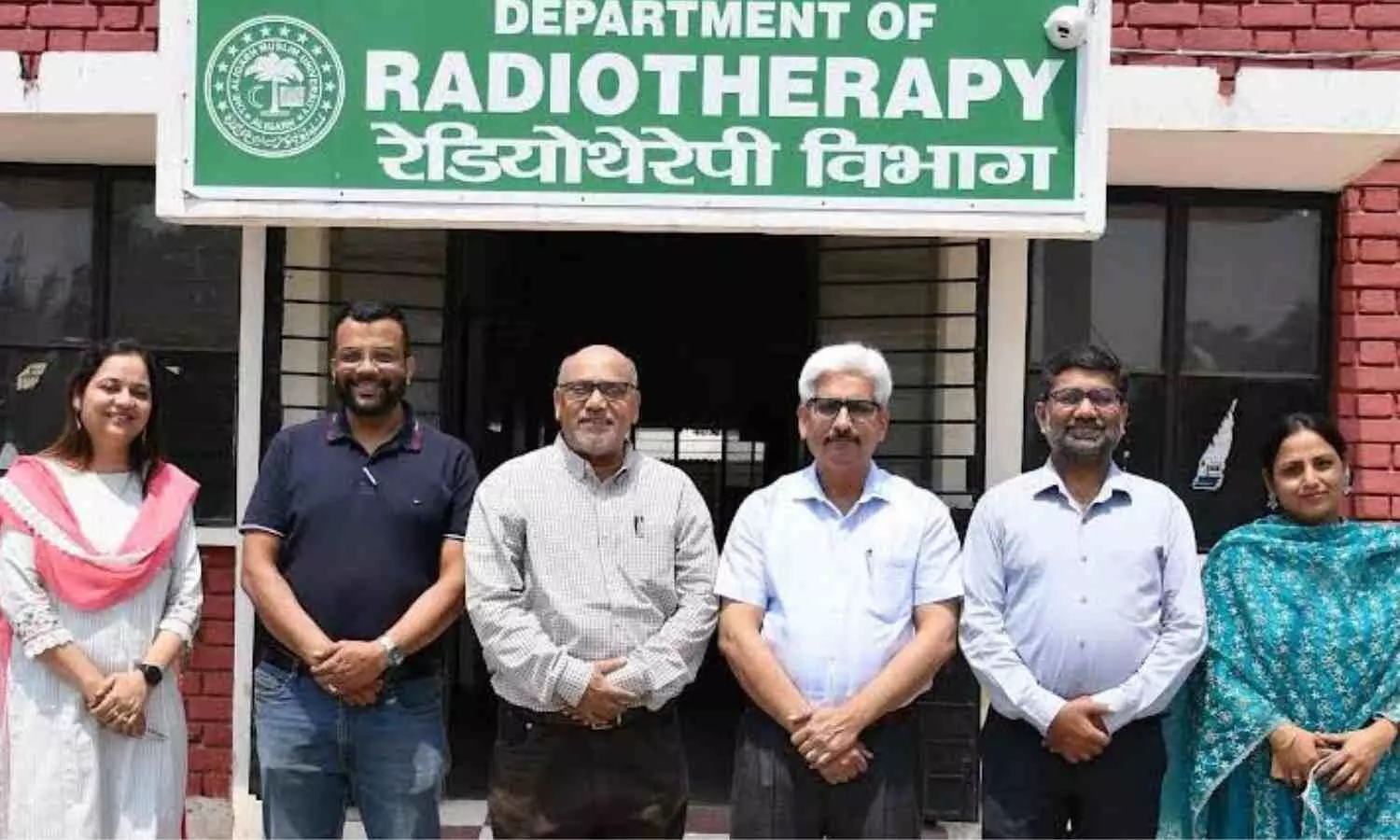
Aligarh: Prof. Mohammad Akram, Chairman of the Department of Radiotherapy at Jawaharlal Nehru Medical College Hospital (JNMCH), Aligarh Muslim University (AMU), has been awarded a grant of Rs. 2.25 crores by the Indian Council of Medical Research (ICMR).
The grant is allocated for a four-year research project titled “Characterization of Gut Dysbiosis in Gastrointestinal Malignancies and Exploration of Probiotics Supplementation on Therapeutic Outcome in patients receiving chemoradiation in these malignancies.”
The project, under Prof Akram, aims to investigate the intricate relationship between gut dysbiosis and gastrointestinal (GI) cancers, including esophageal, colon, and anal canal cancers. Gut dysbiosis, an imbalance in gut microbes, has emerged as a critical factor in the development and progression of various diseases, particularly cancer. Prof Akram emphasised the importance of understanding this connection to develop novel therapeutic strategies that can enhance patient outcomes.
Also read- ICMR Issues New Dietary Guidelines: Warns Against Regular Use of Protein Supplements
The interdisciplinary nature of the project is underscored by the collaboration of co-investigators from diverse backgrounds, including Prof. Saleem Javed (Department of Biochemistry), Prof. Afzal Anees (Department of Surgery), Prof. Fatima Khan (Department of Microbiology), Dr. Ruquiya Afrose (Department of Pathology), and Dr. Hifzur R. Siddique (Department of Zoology). Their collective expertise promises multifaceted insights into gut dysbiosis, cancer progression, molecular mechanisms, clinical interventions, microbiology, immunology, and cancer biology.
Expressing gratitude to university leadership and collaborators, Prof Akram highlighted the support received in finalising the project. He aims to uncover novel treatment strategies for cancer patients through collaborative research efforts.
The Vice Chancellor of AMU, Prof. Naima Gulrez, lauded Prof. Akram and his team for their endeavour, highlighting its relevance in the current medical landscape. She encouraged faculty members from various departments to pursue similar research initiatives.
Mr. Mohammad Imran IPS, Registrar of AMU, commended Prof. Akram and his team for introducing such an advanced and interdisciplinary project to the university. He underscored the importance of collaborative efforts in understanding the microbiome-cancer connection.
Prof. Veena Maheshwari, Dean of the Faculty of Medicine, Principal, and CMS of JNMC, emphasised the significance of this emerging field in cancer research, which will contribute to building capacity and expertise among young researchers and clinicians.
Prof. Akram highlighted his team’s dedication to furthering research in this area, citing their recent hosting of a three-day conference and workshop centred on exploring the microbiome-cancer connection. With over 250 attendees from across India, the event facilitated collaboration between researchers and clinicians. Prof. Akram also mentioned his ongoing leadership of an ICMR project focusing on probiotics supplementation in patients with head and neck cancer and pelvic cancer over the past two years. Furthermore, he is currently in the midst of writing a book on the microbiome-cancer connection, scheduled for publication later this year.
Also read- Accelerated Aging May Increase Risk Of Early-Onset Cancers In Younger Generations, States Study
Powered by WPeMatico
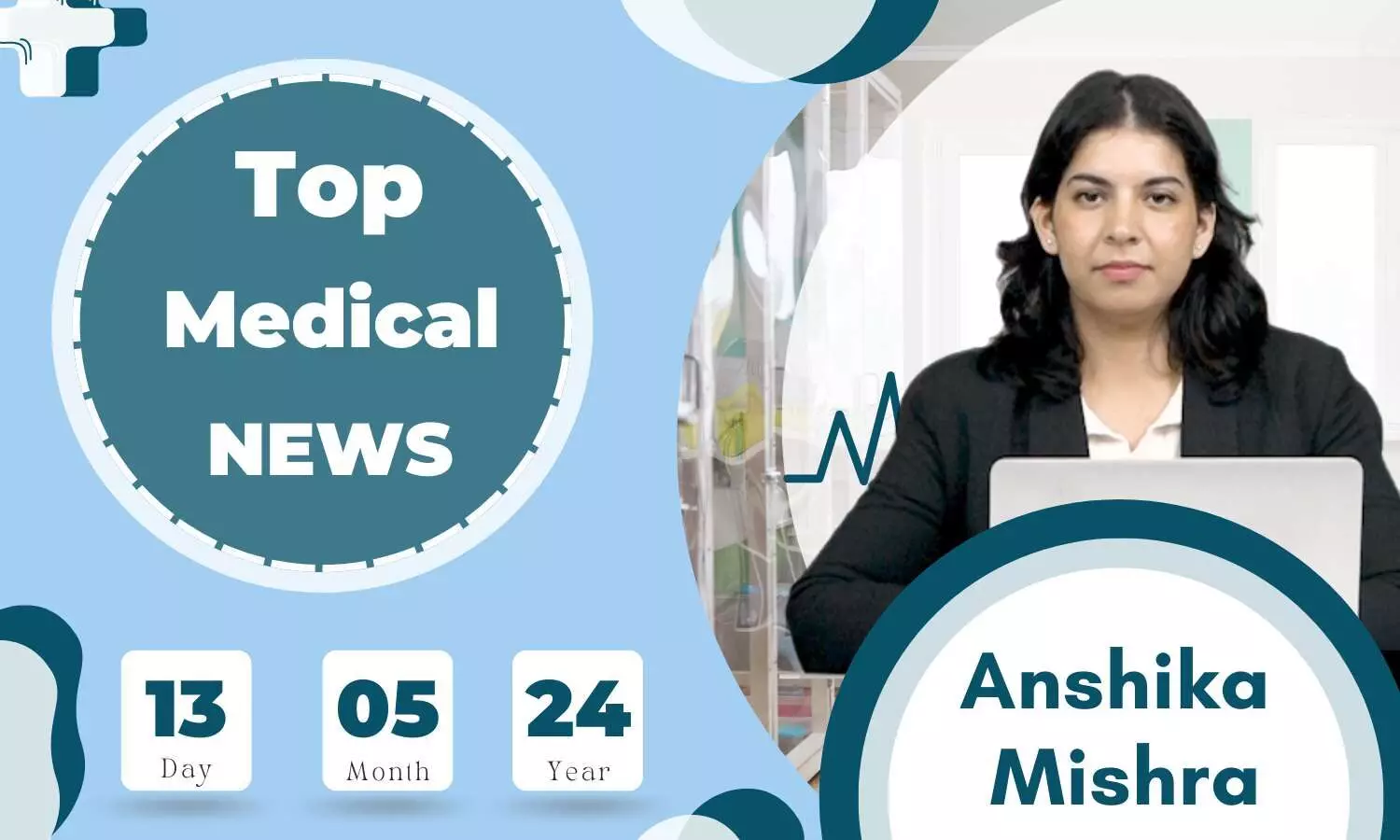
Here are the top medical news for the day:
Powered by WPeMatico
